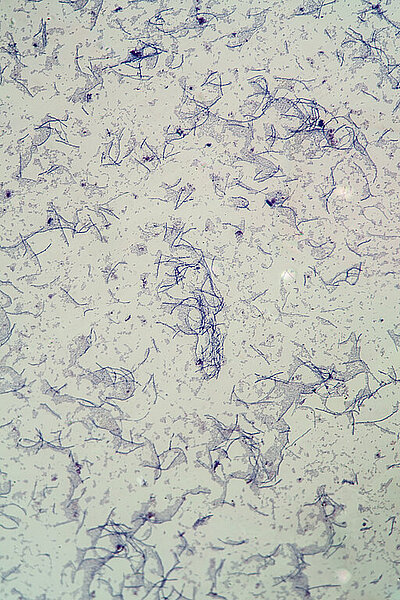Prebiotic

What are prebiotics?
Prebiotics are certain carbohydrates or fibers that cannot be digested by the dog itself, but serve as food for the bacteria in the intestine. These bacteria form the so-called intestinal flora or microbiome, which plays an important role in digestion and the immune system. Prebiotics promote the growth of beneficial bacteria in the gut and inhibit the growth of harmful bacteria.
What are the benefits of prebiotics for dogs?
Prebiotics can have various positive effects on your dog's health. For example, they can:
- Improve digestion and prevent diarrhea or constipation
- Strengthen the immune system and reduce inflammation
- Reduce the risk of allergies or skin problems
- Regulate weight and prevent obesity
What are the disadvantages of prebiotics for dogs?
Prebiotics are generally well tolerated by dogs, but there are also some potential disadvantages or risks. For example, they can:
- Cause bloating or abdominal pain if fed too quickly or too much
- Affect the absorption of minerals if they contain too much phytic acid
- Affect the effect of medications if they interact with them
How can I give my dog prebiotics?
Prebiotics occur naturally in some foods, such as
- Chicory
- Jerusalem artichoke
- bananas
- oat flakes
- linseed
You can give these foods to your dog as part of a balanced diet or as a snack between meals. However, make sure that you only feed small amounts and monitor their tolerance.
There are also special supplements with prebiotics for dogs on the market. These usually contain concentrated forms of prebiotics such as inulin or fructooligosaccharides (FOS). You can use these products as directed by the manufacturer or your vet.
Prebiotics are a natural way to support your dog's gut health. They can have various benefits for digestion and the immune system, but can also have some disadvantages or risks. Therefore, you should always be careful when feeding prebiotics and stick to the recommended amounts.
If you notice any signs of hypersensitivity or poisoning in your dog, you should see your vet immediately. We are not a substitute for a vet, but we try to be as accurate as possible. Every dog reacts differently and we recommend you get a second opinion or consult your vet if in doubt.
Stay healthy and take good care of your four-legged friend!😊